One-day Seminar (funded by NITI Aayog) on ‘Kerala State Finances: Problems and Prospects’ at IIM Kozhikode.
Indian Institute of Management Kozhikode (IIMK), in association with NITI Aayog conducted a Seminar on ‘Kerala state finances’ in its Kozhikode campus today. The day-long seminar was attended by academicians, researchers, delegates from think-tanks and government who shared their views on the problems and future prospects of the state government finances.
Ajay Kumar Nema, Director, Niti Aayog and S Lakshmanan, Research Associate – Financial Resources Division, NITI Aayog explained the importance of studying state finances and identifying ways to improve the fiscal situation in states.
Prof. B A Prakash, Chairman, State Finance Commission, deliberated on the acute fiscal crisis facing Kerala and mentioned that the state places low priority to raising own resources. Prof Prakash also pointed out that while pay revision happens every five years, the tax and non-tax rates on public services have not been revised for decades which would lead to fiscal anarchy in 2017-18 and by 2021 the state is likely to default on salaries, pensions and loan repayment.
Prof. Pinaki Chakraborty of the National Institute of Public Finance and Policy discussed the evolution of centre-state financial relations and mentioned that the extent of untied transfers to states from the centre has gone up but the states are expected to spend the money judiciously. Prof Pinaki anticipated a fiscal contraction of states in case the recommendations of the FRBM review committee to limit debt to 20% of GDP get implemented.
P Brijesh of the Reserve Bank of India showed that states have crossed the FRBM limit of gross fiscal deficit of 3% of GDP. He demonstrated that capital expenditure is important for economic growth but unfortunately Kerala has not spent sufficiently on asset creation and has instead generated high revenue deficit.
Prof Sthanu R Nair, Prof Rudra Sensarma and Rajalakshmi T from IIM Kozhikode presented their research findings on the trends in Kerala state finances. The findings of the research pointed that while debt appears to be under control but rising revenue deficit and interest payments at the cost of capital spending is a concern. While expenditure on economic and social services in Kerala have shown an increase, they have not risen in proportion to the state’s economic growth. On the revenue front, own tax revenues have declined as a share of GDP and tax revenue collection has not been efficient. The healthy growth exhibited by non-tax revenues was on account of lottery sales.
Prof K Pushpangadan, Former Chairman, Public Expenditure Review Committee highlighted the importance of studying the link between decentralization and growth and emphasized the need to study the efficiency of government spending by studying outcomes.
Prof Jose Sebastian of the Gulati Institute of Finance and Taxation demonstrated that Kerala does not realize its full revenue potential in spite of having the highest per capital consumption expenditure in India. He criticized the focus of revenue collection being limited to three commodities – alcohol, petrol and motor vehicles. Even the share of revenues from gold business is very small compared to the huge growth in consumption of the yellow metal. Prof Jose felt that resources are collected from the poor in the form of alcohol and lottery sales but benefits are enjoyed by the rich such as in the form of subsidies on education.
Prof K R Shanmugam of the Institute of Financial Management Research, Chennai, showed that Kerala is the only state in Southern India whose debt is not sustainable and pointed towards the history of VAT introduction in 2005 which led to higher inflation rates in Indian states and anticipated a similar outcome from the introduction of GST.
Rakesh Kumar Yadav and Divyanshu Jain from IIM Kozhikode presented an analysis of efficiency of spending of Kerala government in the social sector. The analysis highlighted that although the state has achieved high social outcomes, the state government’s spending in the health sector is not efficient compared to similar states of India.
Video
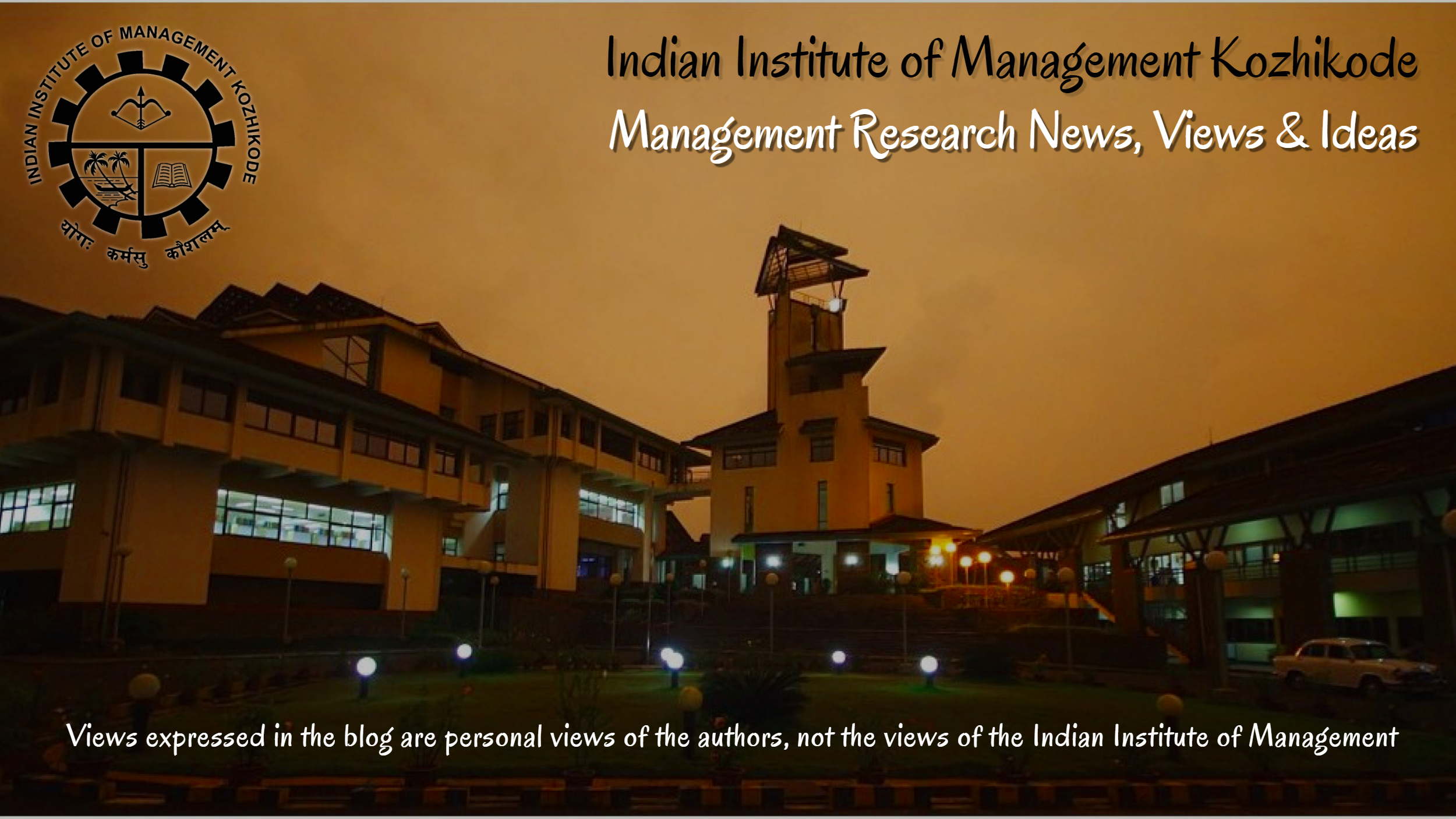


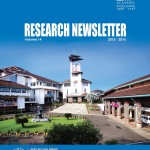

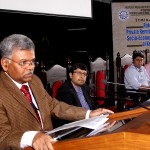
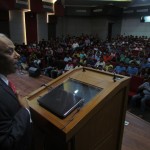
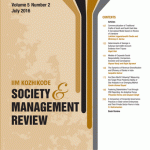
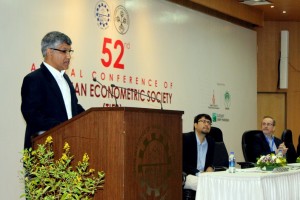
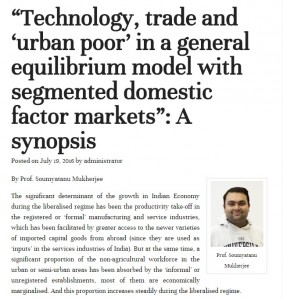






 Users Today : 103
Users Today : 103 Users Yesterday : 309
Users Yesterday : 309 This Month : 4287
This Month : 4287 This Year : 19893
This Year : 19893 Total Users : 372021
Total Users : 372021 Who's Online : 4
Who's Online : 4